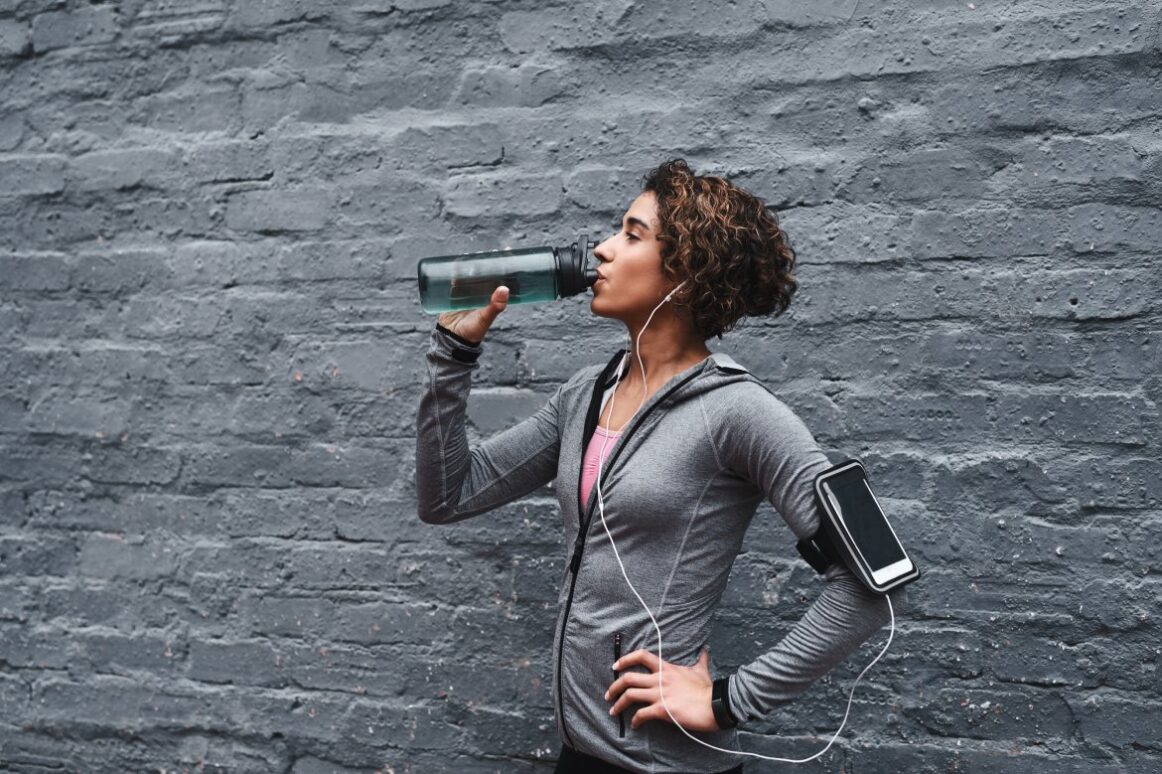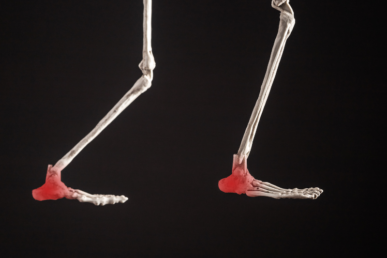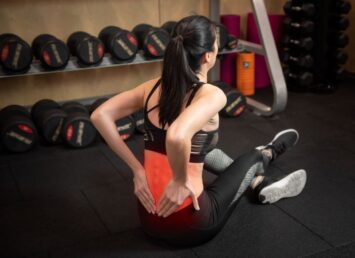As an athlete, you know the importance of exercise, training, and nutrition to your performance. Keeping your body in tip top shape helps you to stay on top of your game. However, what many athletes fail to realize is how important hydration is to their success, and to their overall health.
Hydration is about more than just staying ahead of your thirst. It is about providing your body with the fuel it needs to regulate your temperature, carry nutrients to crucial parts of your body and keep your body operating at an optimal level. Here is a look at the importance of hydration and how to drink enough as an athlete.
The Role of Hydration in Athletic Performance
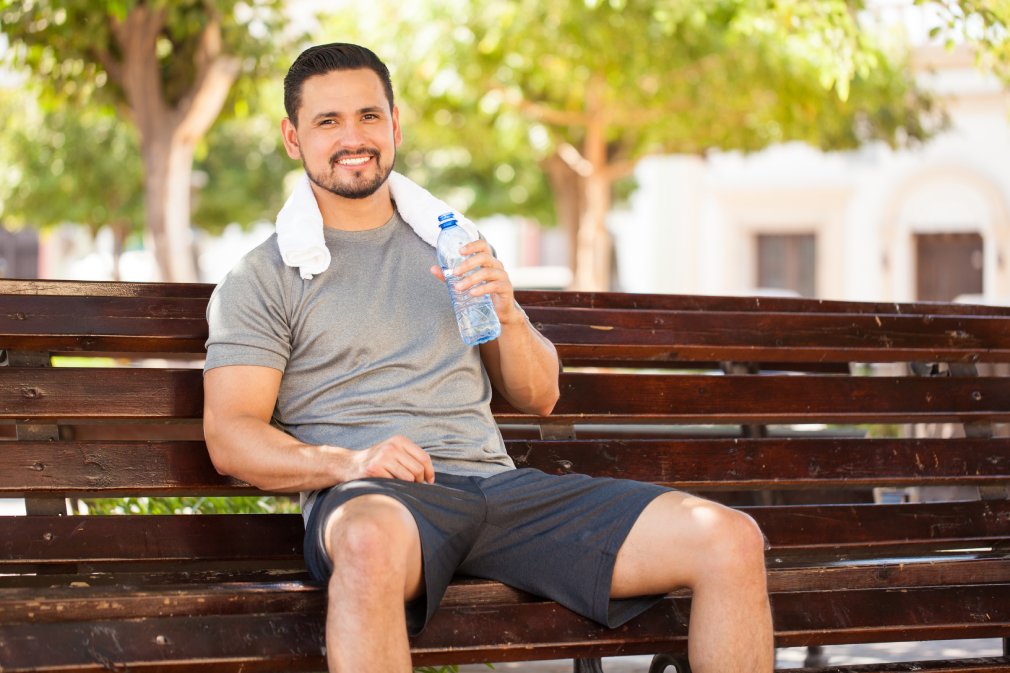
Hydration is just as important as proper nutrition in keeping you active in the sport you love. Here are just some of the ways getting enough to drink helps you stay active.
Hydration regulates your body temperature
Heat exhaustion or heat stroke can raise your body temperature and sideline you with symptoms such as nausea, muscle cramps, or dizziness. Hydration can help. When your body has ample amounts of fluid to work with, it can more easily distribute heat throughout the body and release excess heat through sweating.
Hydration supports energy production
When you are pushing your body, either as a full-time athlete or as a weekend warrior, your body’s need for nutrients and energy skyrockets. Hydration plays an important role in meeting these needs. The more hydrated you are, the higher your blood volume, and the easier it is for your body to deliver the nutrients, oxygen and energy necessary to keep your body performing at its best.
If you do not drink enough before or during your exercise, you can easily end up without enough fluid to efficiently meet your body’s heightened demands, and that can leave you feeling weak and fatigued.
Hydration builds muscle
Building muscle and strength is often one of the primary goals of the athlete. While working out and practicing are reliable ways to help you achieve these goals, hydration is also an essential component.
Because ample fluids help to deliver nutrients and oxygen throughout the body, they also help to deliver the building blocks of muscles throughout the musculoskeletal system. That can help you get stronger and stay stronger as well as help you to avoid nasty muscle cramps that can take you out of the game.
Hydration helps you focus
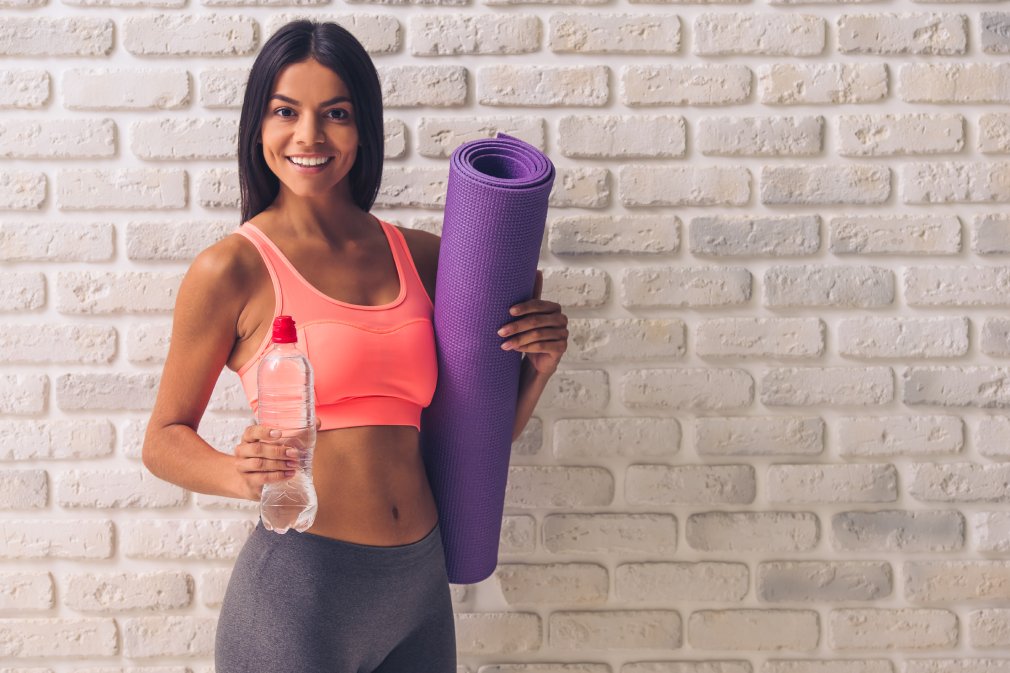
If you have ever been engaged in a sport and experienced a foggy brain or inability to focus, chances are you were suffering from dehydration. Fluids help to keep your brain sharp and your mind on the game by removing wastes before they can build up in your brain. In addition, the presence of fluids can improve cellular communication and boost the nutrients your brain receives. All that focus is good for helping you to perform at your very best.
Hydration supports athletic recovery
Finally, hydration can improve your athletic performance by helping your body to recover more quickly after a game or a workout. The presence of abundant fluids can help your body receive the nutrients it needs to recover, deliver greater energy to your body, and help your body regulate more quickly. That can mean less muscle pain and tension to slow you down.
Proper Hydration: Some Tips
If you want to optimize your athletic performance through hydration, there are some best practices you should follow. Here is a look at some of the most useful tips for ensuring appropriate hydration through all of your sports activities.
Prehydrate
Prehydration refers to the practice of drinking water before you begin an exercise regimen or game. As a rule, you should try to drink about 16 ounces of fluid 2-3 hours before strenuous activity, and 8-10 ounces of fluid within a half hour of your event.
Choose electrolyte-rich drinks
Water is a fabulous choice for quenching thirst and staying hydrated – As long as you are not a dedicated athlete. However, if you want to stay hydrated during intense sports activity, you should also be drinking fluids that contain electrolytes like sodium. These will keep your body’s electrolytes balanced and keep you from losing too many nutrients through sweating.
Drink while you exercise
One rule of thumb for staying hydrated while you exercise is to drink 7-10 ounces about every 20 minutes. This will help to replace fluids lost through sweat and keep you performing optimally through your entire practice or game.
Consider your unique circumstances
The exact amount you drink before and during exercise will also depend upon your circumstances. Consider your clothing, the weather and your physical health when determining how much to drink.
For example, if the weather is hot and humid, you may require more fluids than when it is cool outside. Or, if you suffer from certain conditions, such as diabetes or heart disease, your fluid requirements may also be higher. Do not be afraid to drink more than the rule of thumb in order to account for the situation in which you find yourself.
Hydrate after you exercise
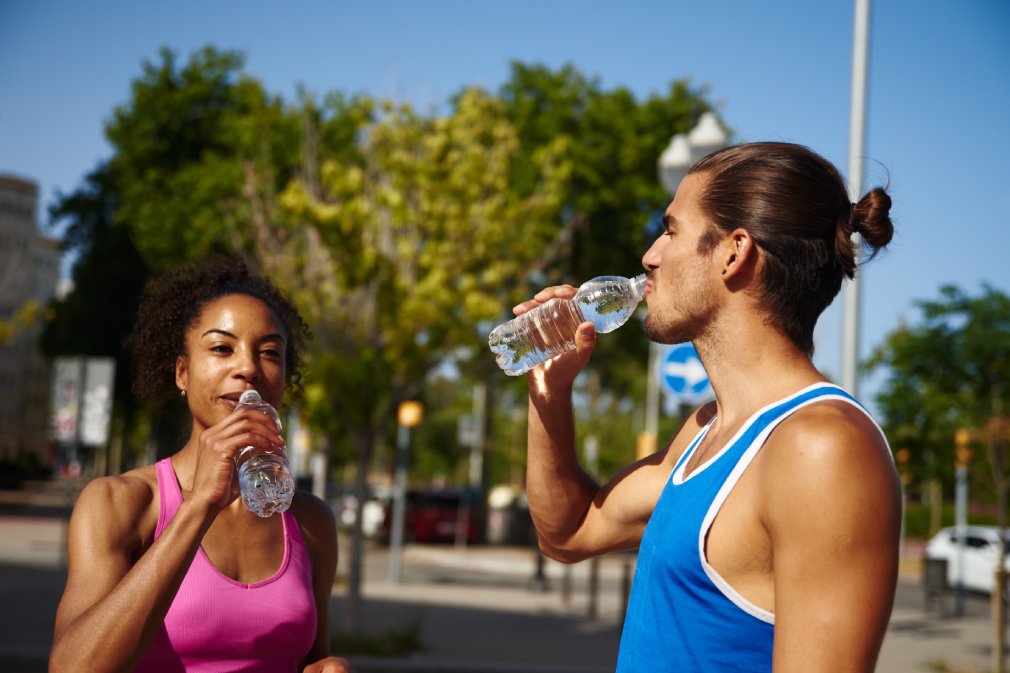
Finally, staying hydrated involves drinking after you finish your activity. Try to drink at least 8 ounces shortly after you finish your activity. This will help to replenish your body and support your recovery.
Hydration can help your body work at its best, and that can help you thrive as an athlete. If you want to learn more about optimizing your performance, contact Dynamic Sports Medicine. We make Olympic athlete-trusted care available to everyone!

